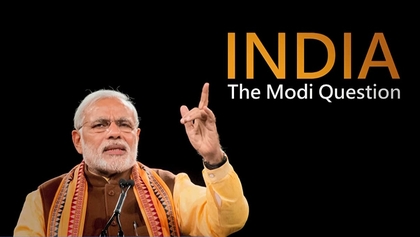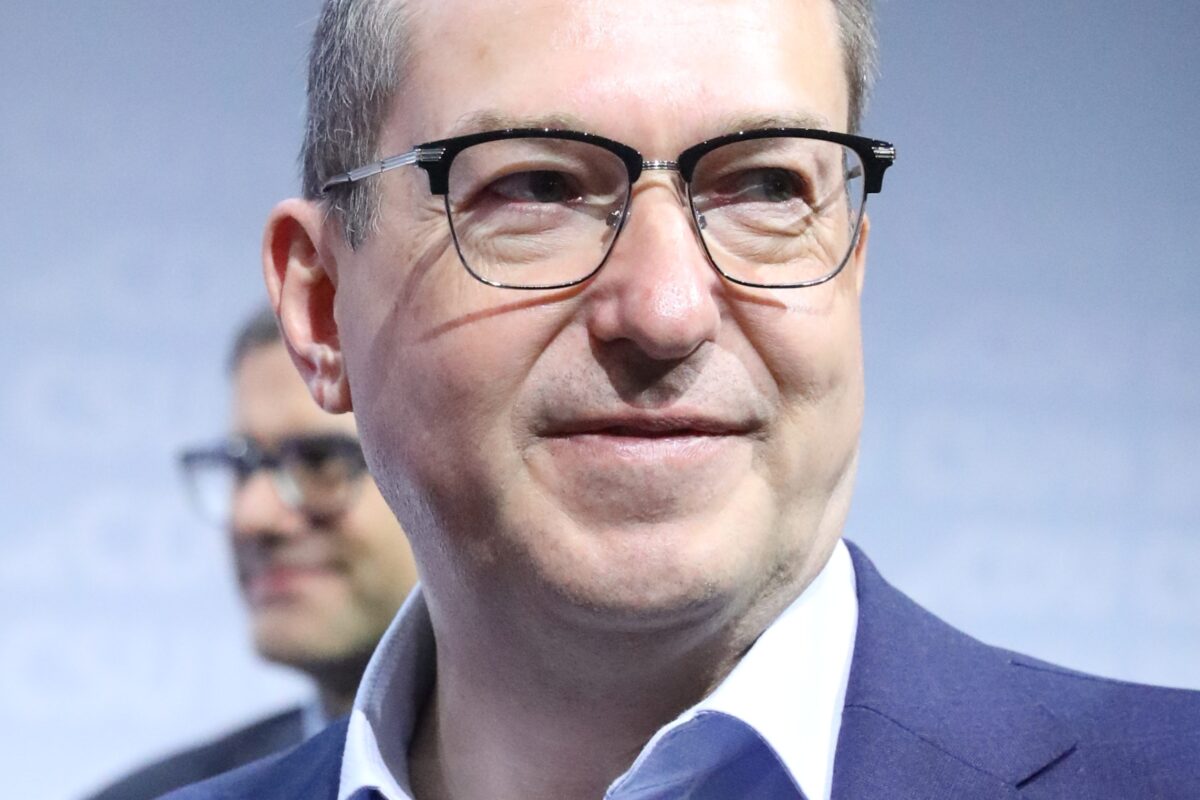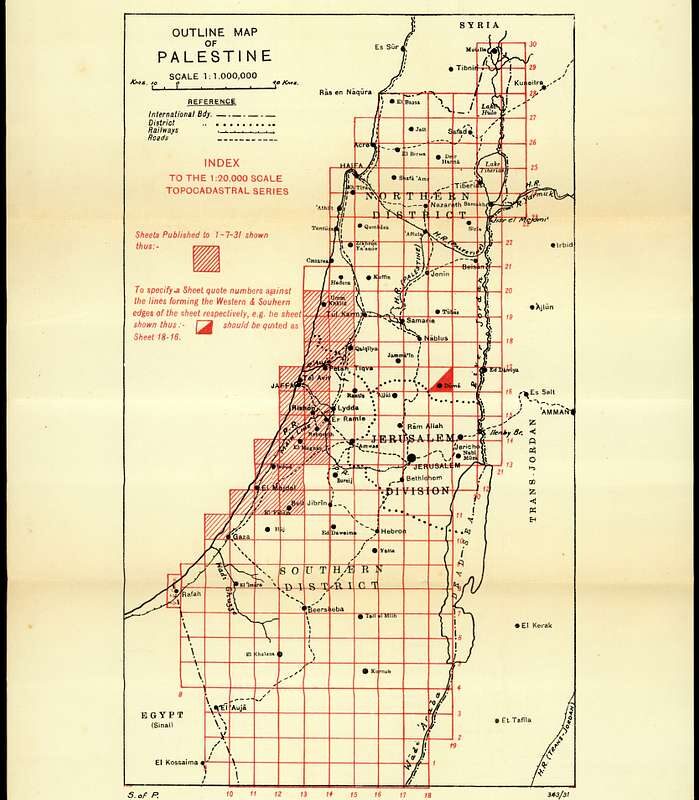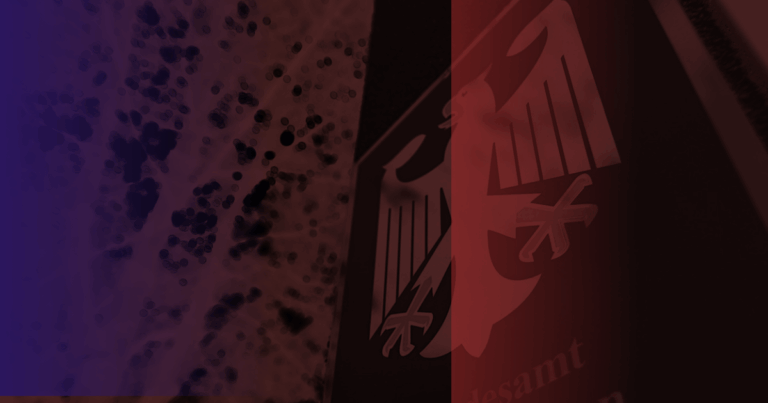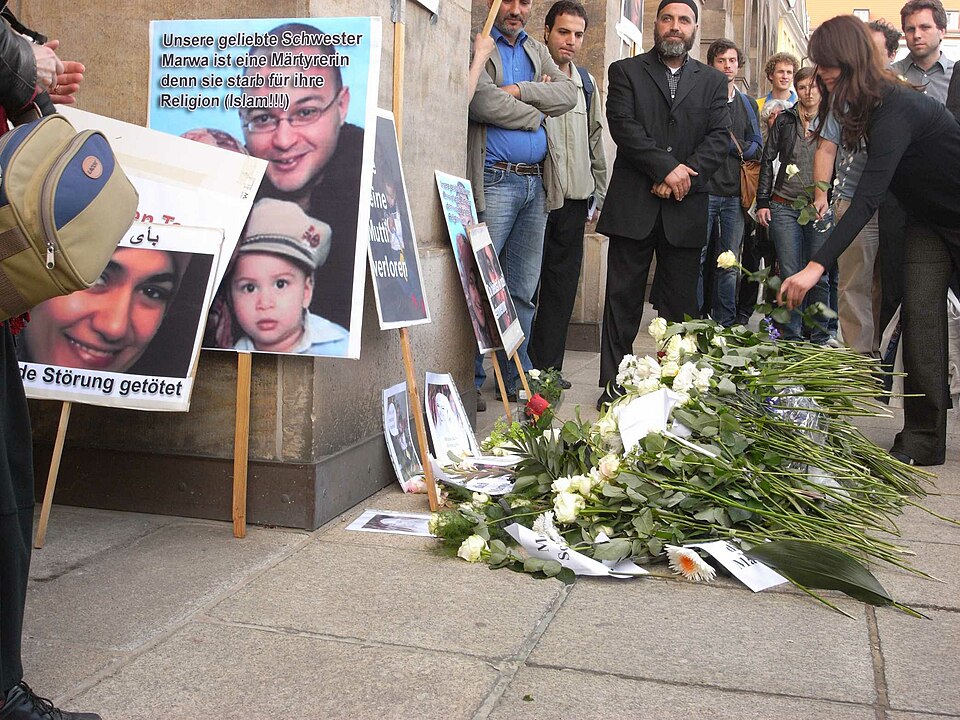In the summer of 2023, India is set to host the G20 Conference, bringing together twenty of the world’s largest economies in an inter-governmental forum. In the months leading up the event, however, the state’s reputation on the global stage has been questioned. These lead back to one of the largest massacres of Muslims in India.
In February and March of 2002, the state of Gujarat in India was under the rule of the Bhartiya Janta Party (BJP). It witnessed large-scale violence with the killing of nearly a thousand Muslims according to one of the official investigations that took place. This investigation was put to a Supreme Court panel in 2012. Chief Minister of Gujarat, Narendra Modi, was acquitted of all responsibility in these massacres. Two years later, in 2014 general elections the BJP-led coalition won a majority and Modi became India’s Prime Minister.
Recently, those events of 2002 again were scrutinised, this time in the a BBC documentary series “India: The Modi Question”. The first episode focused on Gujarat in 2002, detailing a British-led investigation. This established that Modi had met high-ranked members of the Gujarat police, instructing them not to intervene in the violence. One report at the time described the violence as showing, “all the hallmarks of an ethnic cleansing.” The Modi government’s role was criticised in diplomatic circles globally. Modi was denied a visa to the US in 2005 on a law that holds non-US officials responsible for “severe violations of religious freedoms” – as ineligible for visas. Domestically, the BJP quickly swept the past under the rug, embarking on their mission to create a new India with populist, Hindu-nationalist rhetoric. The release of the BBC documentary, created a new moment of reckoning for the Indian state, now synonymous with the Modi government.
The events of 2002 had not necessarily been forgotten by the people of India, despite the BJP’s best efforts. Journalist Rana Ayyub’s book, “Gujarat Files: Anatomy of a Cover Up”, detailed her investigations establishing the extent to which state machinery facilitated the violence. Her findings implicated many senior politicians associated with the BJP (including the current leader, Amit Shah) and state police officers, who, were connected to later extrajudicial killings of key witnesses. Ayyub is a notable figure, who reported upon the rapid escalation in hate crimes and violence faced by Indian Muslims since 2014. But others have also raised questions. A series of draconian colonial-era laws vilified, imprisoned, and targeted dissenters against the state. The events of 2002 in retrospect, were a precursor of what was to come. In the last four years , since the 2019 re-election of the BJP-coalition, we witnessed rapid escalation in state-sponsored anti-Muslim violence, and an expanding autocratic state.
In 2019 the Indian government unconstitutionally revoked the special autonomous status of the Muslim-majority region of Kashmir, home to a revolutionary independence movement since 1947. Now it is the most militarised zone in the world, under Indian government occupation. For months, Kashmir experienced a months-long ban on all telecommunications. Next, the Citizenship Amendment Act was tabled in 2019, creating a tiered system of citizenship to make second-class citizenships out of Muslims in India. The mass movement opposing this act was used as an opportunity to systematically persecute many Muslim activists, many still imprisoned today. Most recently, Hindutva extremists (as far-right Hindu forces are known, often affiliated with the BJP) openly call for the genocide of Muslims at public gatherings, stating their willingness to take up arms. No wonder that may warn that India is on the verge of a genocide against its’ Muslim population. Some argue that this genocide is already underway, as targeted anti-Muslim hate crimes are completely overlooked, and sometimes facilitated, by state players.
This background of the Modi government’s role in facilitating extremist violence in the country over the last decade, makes the 2002 past, hard to ignore. Yet there has been no lack of prominent BJP leaders making public statements to vilify and target the Muslim community. Domestically, there is no pretence at hiding the BJP’s desire to establish a “Hindu state”. Modi’s role in the 2002 violence has remained somewhat of an open secret amongst the Indian people, even if official proceedings acquitted him of all responsibility. Modi’s membership and participation in the anti-Muslim Rashtriya Swayamsevak Sangh (RSS) since his teenage years is widely known.
Nevertheless, the state responded extremely strongly to the release of the BBC documentary. It utilised emergency laws to ban the documentary in India almost instantly. The Ministry of External Affairs cited it as foreign, colonialist propaganda. This is consistent with the BJP’s prior dismissal of all non-Indian criticism as “foreign”, or “colonial interference”. Previously it persecuted AltNews’s Mohammed Zubair’s reporting alleging foreign funding.
However, the BJP’s responses to criticism from within the nation, and that associated with the foreign press are different. Internally a large network of Hindutva online trolls, and Indian news media controlled through a combination of state monopolies and corporate ownership by conglomerates associated with the BJP, goes after dissidents. In many cases they are criminalised, and often become the targets of hate speech or systemic persecution; especially if they are Muslim. For example, Rana Ayyub’s has undergone vicious harassment and death threats.
For foreign media however, the BJP and state have far less control. Here they must resort to other intimidation tactics, not necessarily as effective. Here a raid took place on the BBC’s office in India citing tax fraud following the documentary release. Many foreign correspondents confirm this is certainly not the first act of hostility from the Modi government. An anonymous survey carried out by Scroll.in revealed a pattern of state attempts to “suppress coverage of the persecution of religious minorities in India and regions such as Kashmir and Assam.” Foreign journalists face visa uncertainty, potential of deportation, “summons” from officials and are “shown ‘files’ and ‘spreadsheets’ detailing their ‘negative coverage’.” In a notable example – Sanna Irshad Mattoo, a Kashmiri photojournalist awarded the Pulitzer Prize for her coverage of the COVID-19 crisis – was denied exit at immigration and barred from travelling internationally, despite having a valid US visa and ticket.
Now journalists based outside India also seem to face intimidation as well. The Scroll.in survey notes “a journalist working for a European news organisation recount(ing) an instance of the Indian embassy in the European country emailing the publication, asking it ‘not to cover Muslim persecution’.” The larger threat is posed by the network of global Hindutva organisations and the reach of the Indian state beyond its borders, through its embassies. In Germany specifically, the RSS works through its international wing, the Hindu Swayamsevak Sangh. Much of the Indian diaspora – often upper-class and upper-caste Indian population has also lauded Modi. This creates a strong network of global allies for his policies. This support is especially aided by the pro-corporate, neo-liberal policies of the government. These steadily erode welfare measures and allow the steady concentration of wealth in the hands of the richest sections of Indian society. An Oxfam report revealed that Indian billionaires increased their wealth by 35% during the pandemic. At that time 24% of the population was earning under 30 euros a month.
What reckoning does India currently face on the world stage after the release of the BBC documentary? It certainly hasn’t helped that the Modi government’s reputation has taken another hit. This time Hindenburg Research accused Indian billionaire (and friend and ally of Modi) Adani Gautam of “brazen stock manipulation.”
However India has strong ties with certain Western-aligned nations, such as France (a key trading partner and the 11th largest foreign investor in India) and Israel (See Azad Essa “Hostile Homelands”). Israel and India share ethno-nationalist outlooks and settler-colonialist projects in Kashmir and Palestine. India’s ongoing tensions with China also provide key potential strategic cooperation with the US. India also maintains strong cultural influence through the diaspora populations in the US and the UK. Notable figures include the CEOs of Google and Microsoft, and the UK Prime Minister. Sunak voiced sympathy with Modi. Through such ties, India may be tacitly accepted, or tolerated on the World Stage. Even while maintaining trading ties with nations hostile to the western bloc, such as Russia. Here India articulates a policy of ‘non-alignment’, positioning itself as leading the emerging nations of the Global South. In Germany, the government is unwilling to take a stand on India’s abysmal human rights record. Even when challenged by Die Linke, on the RSS’s inspiration from Hitler and Mussolini’s fascist movements.
On the other hand, India faces immense criticism for exactly these domestic policies and autocratic repression from many Western-based bodies. In 2022, India’s Press Freedom Index fell to 150, and most recently, the V-Dem Institute based out of Sweden cited India as “one of the worst autocratisers in the last 10 years.” Bodies such as Amnesty International, Human Rights Watch, and even the US Department of State give scathing accounts of “human rights” within the country. The Indian state cannot be actively hostile against the West, as Iran or China. B India seeks to carve out its own independent foreign policy. Much of the basis to do so rests on India’s self-portrayal as the world’s largest democracy, a thriving multicultural nation with an immense civilisation history.
But with its reputation taking constant hits this is a precarious balancing act. With India expanding its role on the world stage, Modi’s government may see themselves drawing ever closer to the goal to establish a Hindu state. Yet, the response to the BBC documentary shows India’s fears of foreign criticism. Moreover, it clearly establishes that the events of 2002 will not be as easily forgotten.
The G20 set to take place this summer may be the grandest test for Indian diplomacy yet. India is attempting to balance its relations with its allies so as to gain further legitimacy on the world stage. But perhaps more importantly, it is attempting to do so without any questions or attention to domestic repression. For the Indian state, this necessitates immense control and repression of all dissidents and critics. It is likely, meanwhile, that Hindu and state-sponsored violence will continue to rage unchecked.
You can watch The Modi Question here
